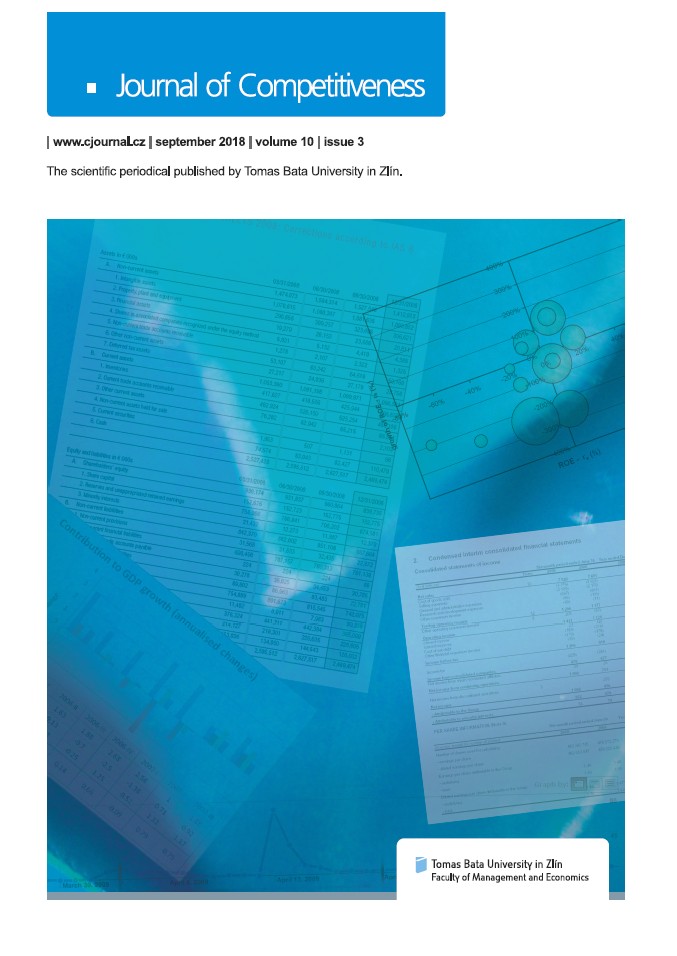Job Insecurity, Job Instability, and Job Satisfaction in the Context of the COVID-19 Pandemic
IF 4.4
1区 管理学
Q2 BUSINESS
引用次数: 61
Abstract
The COVID-19 pandemic has brought new challenges regarding employee adaptation to change as well as job security, with levels of wellbeing and satisfaction being greatly affected. Based on the literature as well as on Adaptation-level Theory, Stress and Coping Theory, and Motivationhygiene Theory, this paper approaches the link between job insecurity and job instability during the COVID-19 pandemic along with employee job satisfaction in an emerging market. The proposed conceptual model analyses the influence of job instability and job insecurity on individual job satisfaction, including supervisor support and promotion opportunities. The survey-based empirical study was implemented with the aid of a questionnaire taken by 568 employees in Romania. The results determined with the help of a correlation analysis highlight a strong, direct, and positive link between job instability and employee insecurity in increasing employee competitiveness. The impact of job insecurity and instability on the components considered in terms of job satisfaction vary. Job insecurity was shown to manifest a negative correlation only with regard to satisfaction concerning supervisor support and promotion opportunities. Perceived job instability showed a significant negative impact on individual work satisfaction, satisfaction with supervisor support and promotion opportunities. This paper also enhances the human resources literature by demonstrating how organisational competitiveness might be enhanced during a global pandemic by focusing on employees.新冠肺炎疫情背景下的工作不安全感、工作不稳定性与工作满意度
新冠肺炎疫情给员工适应变化和工作保障带来了新的挑战,幸福感和满意度受到了极大影响。基于文献以及适应性理论、压力与应对理论和动机卫生理论,本文探讨了新冠肺炎大流行期间工作不安全感和工作不稳定性与新兴市场员工工作满意度之间的联系。所提出的概念模型分析了工作不稳定和工作不安全对个人工作满意度的影响,包括主管支持和晋升机会。这项基于调查的实证研究是在罗马尼亚568名员工的问卷调查的帮助下进行的。在相关性分析的帮助下确定的结果突出了工作不稳定和员工不安全感之间在提高员工竞争力方面的强烈、直接和积极的联系。工作不安全和不稳定对工作满意度所考虑的组成部分的影响各不相同。工作不安全感仅与主管支持和晋升机会的满意度呈负相关。感知到的工作不稳定性对个人工作满意度、对主管支持的满意度和晋升机会都有显著的负面影响。本文还通过展示如何在全球疫情期间通过关注员工来增强组织竞争力,从而增强了人力资源文献。
本文章由计算机程序翻译,如有差异,请以英文原文为准。
求助全文
约1分钟内获得全文
求助全文
来源期刊

Journal of Competitiveness
Multiple-
CiteScore
11.30
自引率
2.70%
发文量
33
审稿时长
12 weeks
期刊介绍:
The Journal of Competitiveness, a scientific periodical published by the Faculty of Management and Economics of Tomas Bata University in Zlín in collaboration with publishing partners, presents the findings of basic and applied economic research conducted by both domestic and international scholars in the English language.
Focusing on economics, finance, and management, the Journal of Competitiveness is dedicated to publishing original scientific articles.
Published four times a year in both print and electronic formats, the journal follows a rigorous peer-review process with each contribution reviewed by two independent reviewers. Only scientific articles are considered for publication, while other types of papers such as informative articles, editorial materials, corrections, abstracts, or résumés are not included.
 求助内容:
求助内容: 应助结果提醒方式:
应助结果提醒方式:


